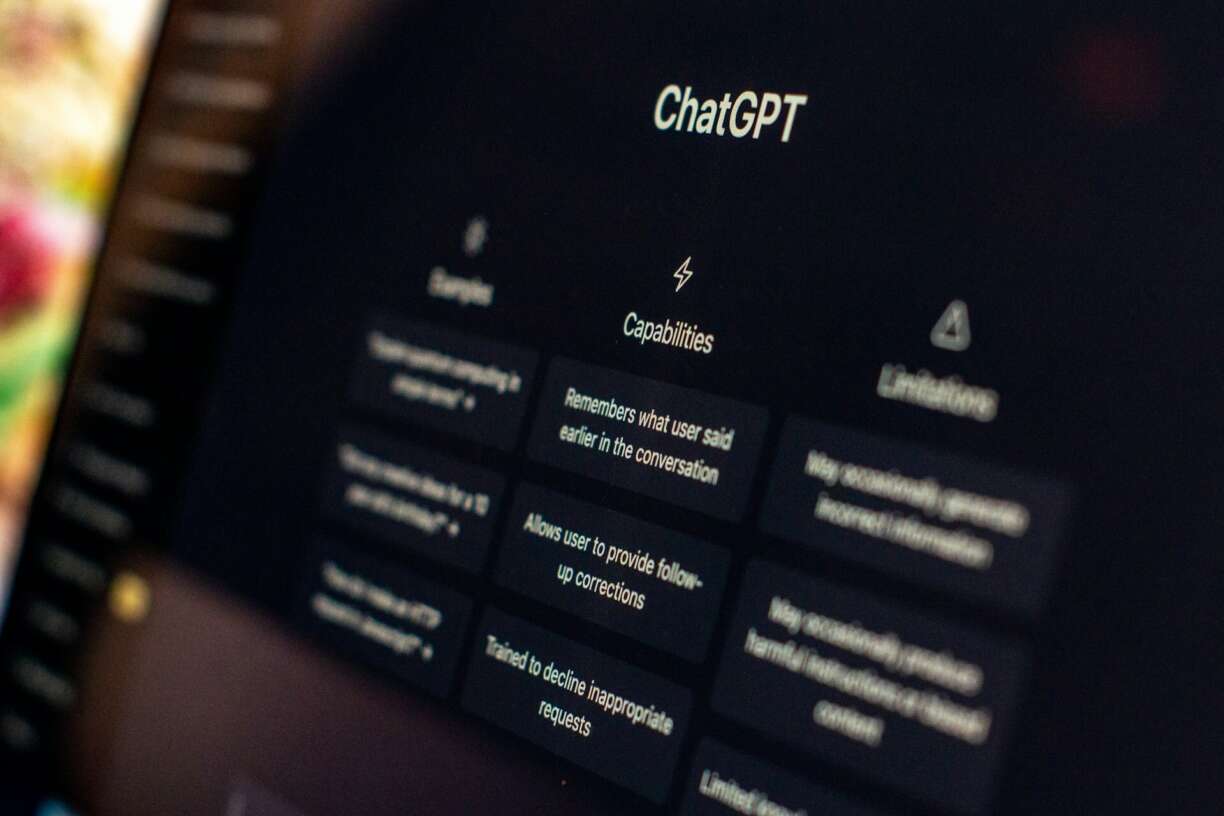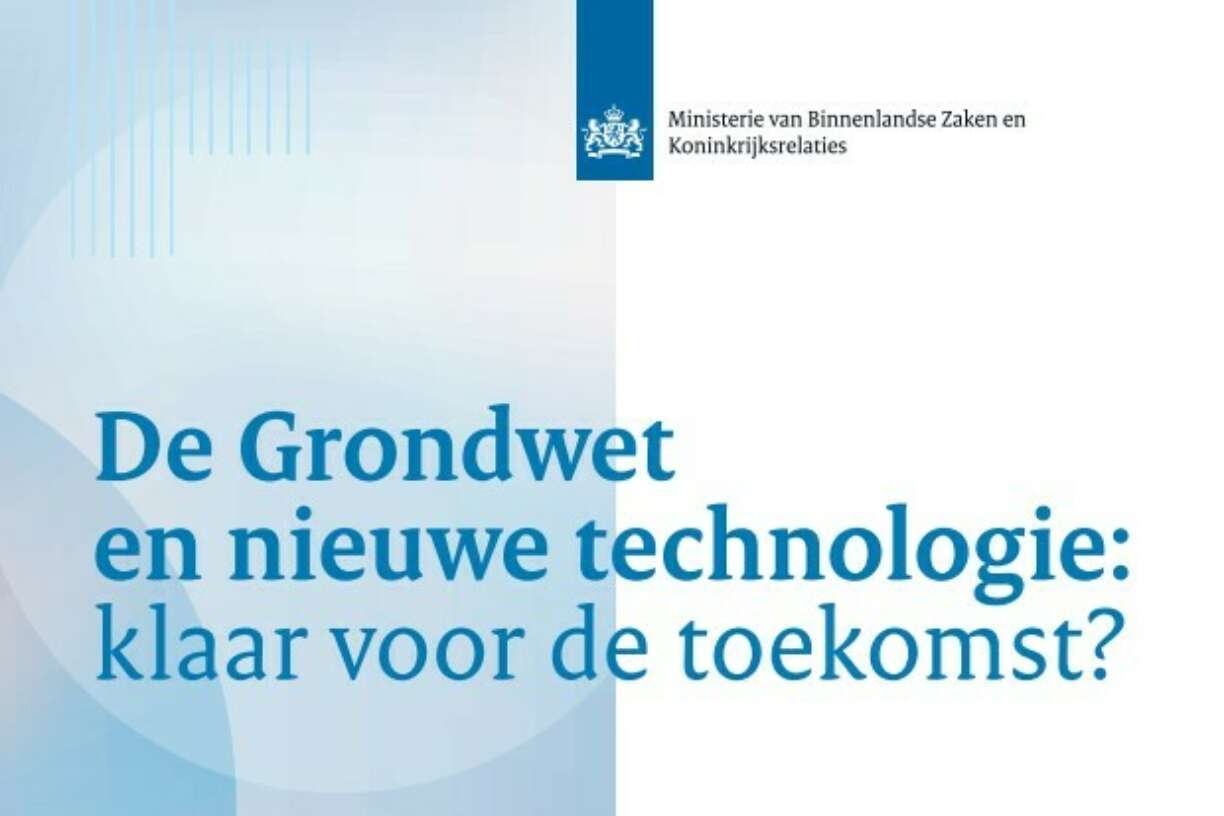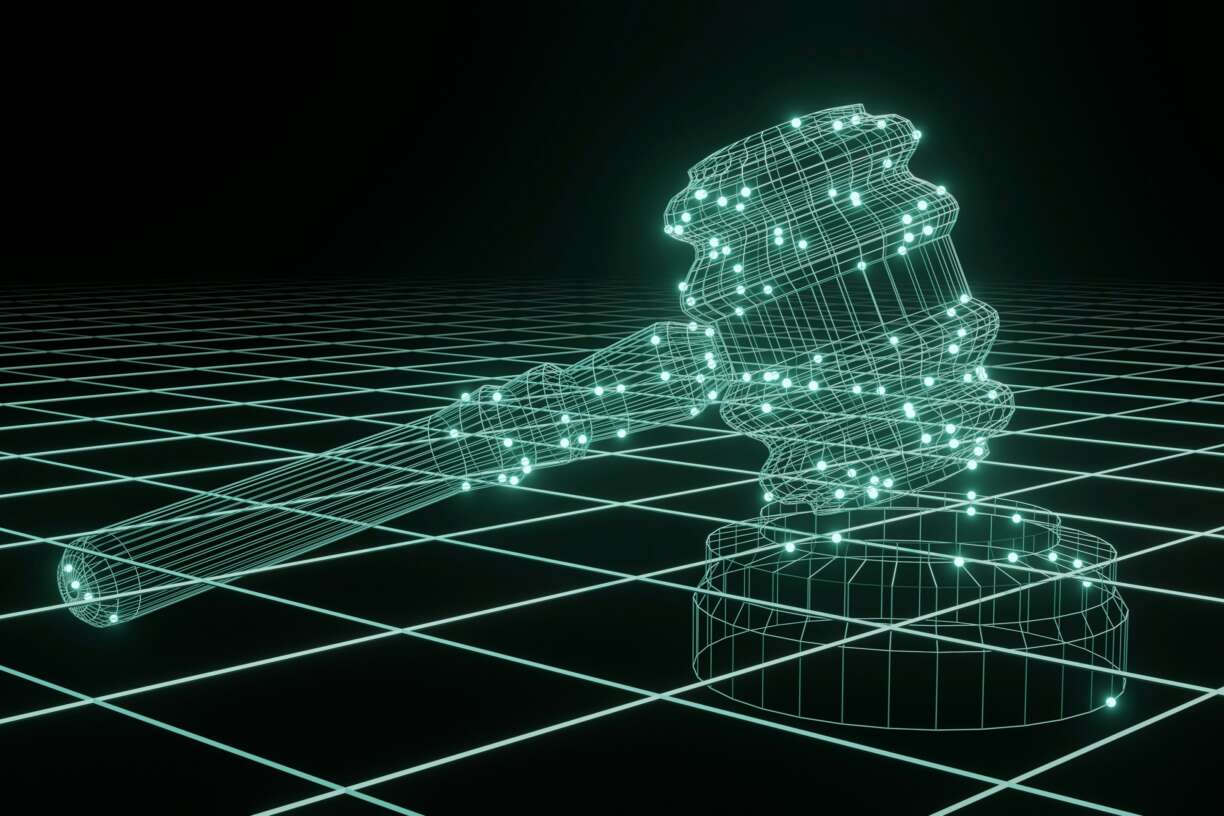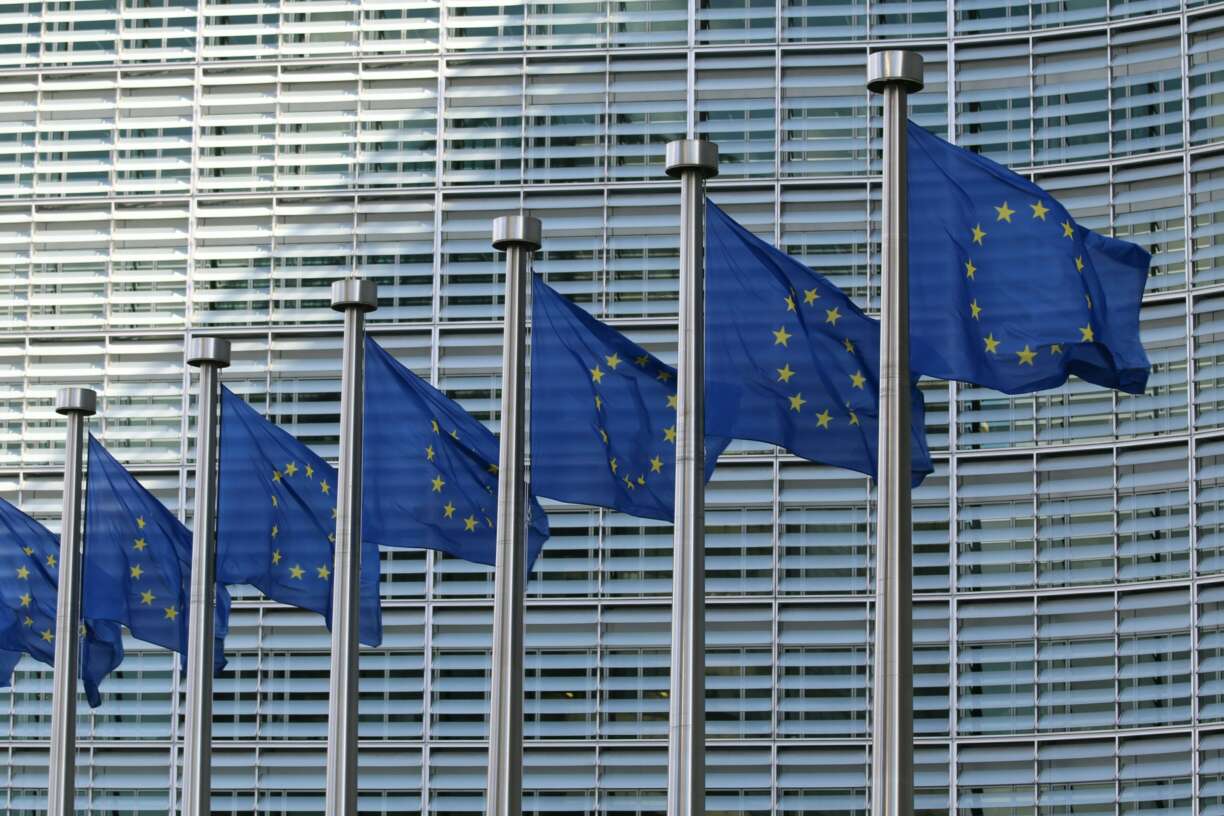October 11, 2024
Good administration in a digital environment: Towards a right to algorithmic decision-making?

The Directorate of Constitutional Affairs and Legislation of the Ministry of the Interior and Kingdom Relations has invited a group of experts to reflect on the future of the Constitution in the context of technological development. The result is a published collection of essays titled De Grondwet en Nieuwe Technologie: Klaar voor de Toekomst? This collection includes twelve pleas for the modernization of the Constitution, addressing the question: Is the Constitution adequately equipped to address technological advancements?
The essay collection includes a contribution from prof. Johan Wolswinkel: Good administration in a digital environment: Towards a right to algorithmic decision-making?
Summary
The administrative state is gradually transforming into an algorithmic state. In that regard, the Netherlands Scientific Council for Government Policy (WRR) has called artificial intelligence (AI) the new ‘system technology’. As a result thereof, the regulatory agenda on AI should be connected to more general debates on the principles and organization of the ‘digital environment’ . This essay contributes thereto by discussing the role of the Dutch Constitution in dealing with those regulatory challenges.
First, this essay argues that – as a counterpart of Article 21 establishing the concern of the authorities to protect and improve the physical environment – a complementary fundamental right should be incorporated in Chapter 1 of the Constitution:
“It shall be the concern of the authorities to protect and improve the digital environment.”
While this duty of care does not necessarily oblige authorities to adopt legislation on AI, it is a least an important point of reference that should be taken into account in administrative action. What is more, the combination of ‘protect’ and ‘improve’ highlights that public authorities should not only be concerned with mitigating the risks of AI or other digital developments (‘protect’), but also with embracing the new opportunities that arise within the digital environment for government and society (‘improve’).
Second, this essay argues for a tech-agnostic codification of the right to good administration. Where general principles of good administration have been invoked by the judiciary to keep tabs on the use of algorithmic decision-making within the public sector, a further codification thereof could strengthen the constitutional foundations of administrative law and the protection of citizens vis-à-vis administrative decision-making. In particular, inspired by Article 41 of the EU Charter of Fundamental Rights, this clause in the Dutch Constitution should read as follows:
“Every person has the right to have his or her affairs handled impartially, fairly, in a transparent manner and within a reasonable time by government bodies”
The element of transparency is not mentioned explicitly in the EU Charter, but it is exactly this element that has spurred Dutch case-law on algorithmic decision-making so far. What is more, the advantage of a tech-agnostic codification is that the right to good administration is flexible enough to cover the wide spectrum of decision-making scenarios, ranging from contexts where algorithms play no or a minor role to contexts where its impact is major or even decisive.
Together, these two proposals for modernizing the Dutch Constitution could even imply a right to algorithmic decision-making. Where decisions need to be taken impartially, fairly ánd timely, it cannot be excluded that the duty of care to not only protect, but also improve the digital environment, requires government bodies to resort to algorithmic means to improve their decision-making procedures for the benefit of their citizens.
This is a summary. The full essay is part of the collection 'De Grondwet en nieuwe technologie: klaar voor de toekomst?' and was first published on Rijksoverheid on September 30, 2024.
More results /
 Je medisch dossier inladen in nieuwe functie ChatGPT? Denk 10.000 keer na
Je medisch dossier inladen in nieuwe functie ChatGPT? Denk 10.000 keer na
By Natali Helberger • January 19, 2026
By Roel Dobbe • November 24, 2025
By Roel Dobbe • November 12, 2025
 Combatting financial crime with AI at the crossroads of the revised EU AML/CFT regime and the AI Act
Combatting financial crime with AI at the crossroads of the revised EU AML/CFT regime and the AI Act
By Magdalena Brewczyńska • January 16, 2026
By Sabrina Kutscher • July 02, 2025
By Natali Helberger • March 06, 2025
By Maurits Kaptein • June 06, 2025
By Leonie Westerbeek • November 22, 2024
 Clouded Judgments: Problematizing Cloud Infrastructures for News Media Companies
Clouded Judgments: Problematizing Cloud Infrastructures for News Media Companies
By Agustin Ferrari Braun • January 29, 2026
By Fabio Votta • November 05, 2025
By Ernesto de León • Fabio Votta • Theo Araujo • Claes de Vreese • October 28, 2025





